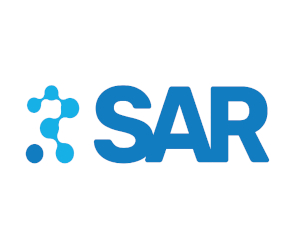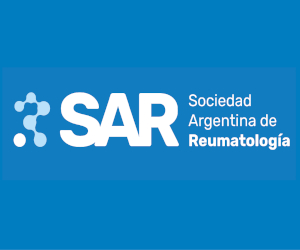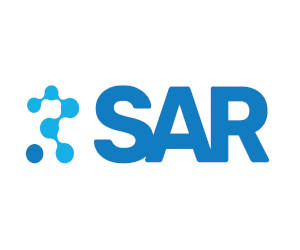The placebo effect and pain
Abstract
When administering a drug, a series of effects are generated that are independent of the pharmacological action of the active ingredient. These effects are usually of a biological nature (mechanism of action of the drug) or psychological. If it is an injectable drug, we will arouse in the patient pain, a variable degree of restlessness, regardless of the drug administered, but also an expectation that “it is a strong drug”. On the other hand, emotions such as trust, hope, greater tranquility, or fear, anxiety, restlessness will appear in the patient.References
I. Tessler J. Farmacologia Básica. 1997.
II. Benedetti F. Placebo analgesia. Neurological sciences : official journal of the Italian Neurological Society and of the Italian Society of Clinical Neurophysiology. May 2006;27 Suppl 2:S100-102.
III. Barsky AJ, Saintfort R, Rogers MP, Borus JF. Nons-pecific medication side effects and the nocebo phenomenon. JAMA : the journal of the American Medical Association. Feb 6 2002;287(5):622-627.
IV. Bartels DJ, van Laarhoven AI, Haverkamp EA, et al. Role of conditioning and verbal suggestion in placebo and nocebo effects on itch. PloS one. 2014;9(3):e91727.
V. Zubieta JK, Stohler CS. Neurobiological mechanisms of placebo responses. Annals of the New York Aca-demy of Sciences. Mar 2009;1156:198-210.
VI. Amanzio M, Corazzini LL, Vase L, Benedetti F. A sys-tematic review of adverse events in placebo groups of anti-migraine clinical trials. Pain. Dec 2009;146(3):261-269.
Copyright (c) 2014 Argentine Journal of Rheumatology

This work is licensed under a Creative Commons Attribution-NonCommercial-NoDerivatives 4.0 International License.










